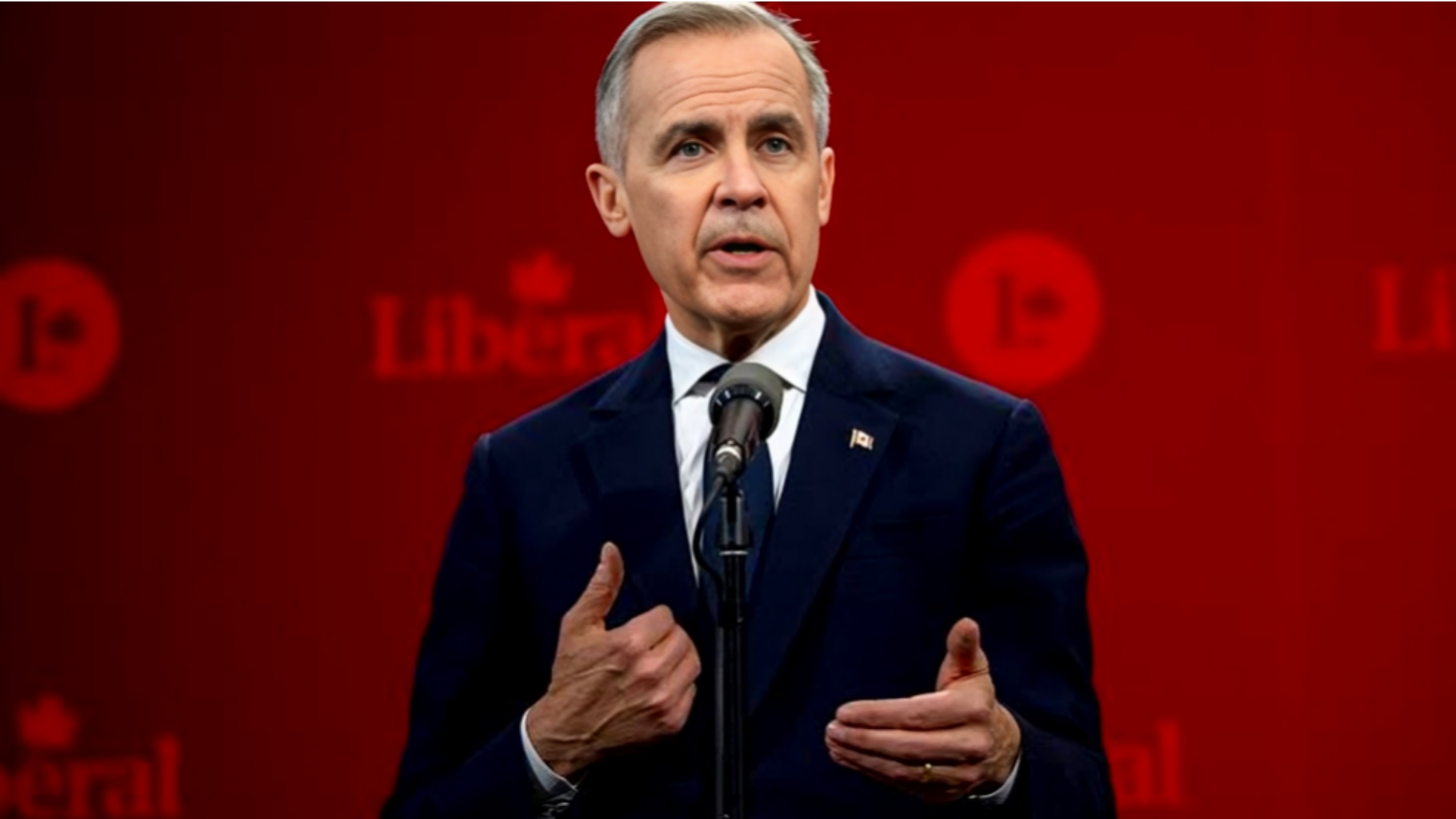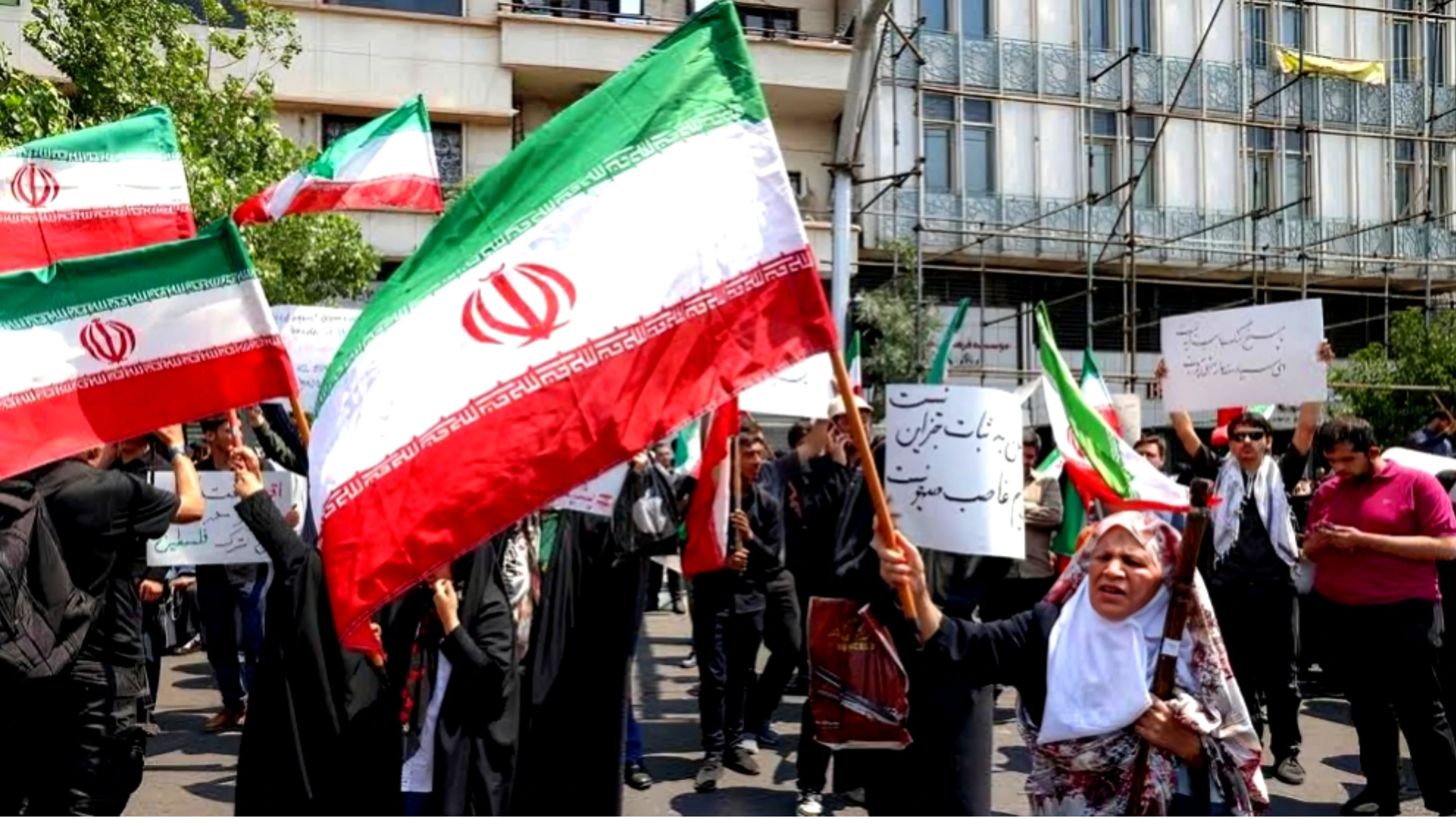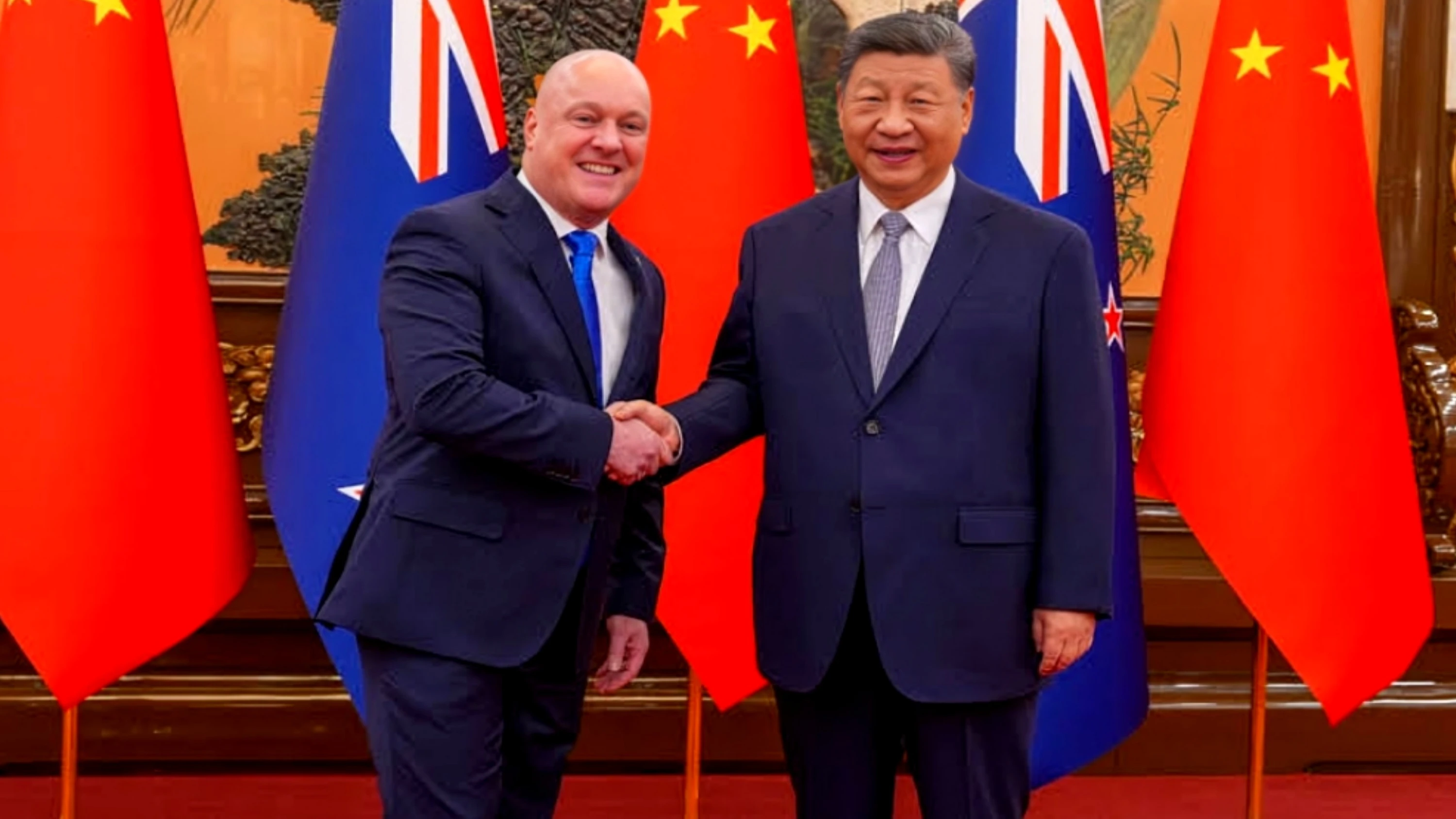Ottawa: Mark Carney has officially been elected leader of Canada’s Liberal Party, succeeding Justin Trudeau in a closely watched leadership contest. His victory sets the stage for an intense federal election campaign, which must take place before October but could be called sooner.
Carney, a former central banker with international experience, now faces the challenge of reviving Liberal support and confronting a strong Conservative opposition led by Pierre Poilievre. Recent polls show the Conservatives leading, though the gap has narrowed amid growing tensions between Canada and the United States.
While Carney assumes leadership of the party immediately, Trudeau will remain as prime minister during a transitional period, the duration of which has not yet been announced.
One of the most pressing issues on Carney’s agenda is the deteriorating relationship with the US. President Donald Trump has blamed Canada for illegal immigration and fentanyl trafficking and has even suggested annexing the country as America’s 51st state. He has also proposed heavy tariffs on Canadian imports, escalating trade tensions.
In his first speech as party leader, Carney addressed these challenges directly, emphasizing the need to build economic partnerships with more dependable allies. He pledged to keep retaliatory tariffs in place until Canada receives “respect” from the US and condemned Trump’s trade policies as harmful to Canadian families and businesses.
“Trump is attacking Canadian workers, families, and industries. We will not let him win,” Carney declared at the Liberal convention. Comparing the trade battle to hockey, he confidently added, “Canada will come out on top.”
The diplomatic rift has also had cultural consequences, with Canadian sports fans booing the US national anthem at NHL and NBA games.
Carney will face off against Conservative leader Pierre Poilievre in the upcoming election. Poilievre, often linked to Trump in the past, has recently sought to distance himself from the US president, stressing that he is “not MAGA.”
At a rally before the Liberal leadership vote, Poilievre attacked Carney’s credentials, criticizing his time as a top banker in the UK and Canada. “Carney worked for Trudeau and made Canada weaker while making America stronger,” he said.
Carney fired back after his victory, accusing Poilievre of playing into Trump’s hands. “Trump wants to divide and conquer. Poilievre’s approach will do just that—divide us and leave us vulnerable,” he warned.
Trudeau’s departure comes after more than a decade as Liberal leader and three election wins. His tenure saw both early optimism and later political and economic struggles, culminating in the surprise resignation of his deputy prime minister, Chrystia Freeland.
In one of his final addresses as leader, Trudeau described the current moment as a defining challenge for Canada. “We face an existential threat from our neighbor, but Canadians are showing their resilience,” he told the party convention.
Carney, who grew up in Alberta and built a career in global finance, has made economic growth, climate policy, and natural resource development the pillars of his leadership platform. He aims to shift the burden of the carbon tax from consumers to large corporations and boost Canada’s clean energy sector.
On the trade front, he has been an outspoken critic of Trump’s tariffs, advocating for a strong Canadian response. After Trump accused Canada of contributing to fentanyl trafficking, Carney rejected the claim as an insult to Canada’s long-standing alliance with the US.








